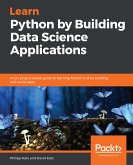
22,95 €
Sofort per Download lieferbar
eBook, ePUB
30. August 2019
Packt Publishing
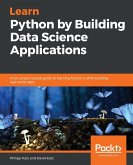
Ähnliche Artikel
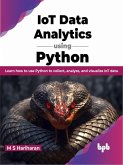
18,49 €
inkl. MwSt. und vom Verlag festgesetzt.
Sofort per Download lieferbar
eBook, ePUB
23. Oktober 2023
BPB Publications
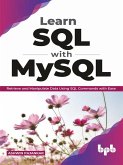
8,49 €
inkl. MwSt. und vom Verlag festgesetzt.
Sofort per Download lieferbar
eBook, ePUB
18. Juli 2020
BPB Publications
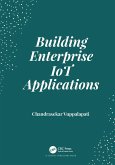
eBook, ePUB
12. Dezember 2019
Taylor & Francis eBooks
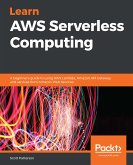
22,95 €
Sofort per Download lieferbar
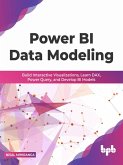
9,49 €
inkl. MwSt. und vom Verlag festgesetzt.
Sofort per Download lieferbar
eBook, ePUB
24. März 2022
BPB Publications
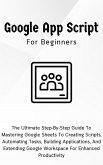
9,49 €
inkl. MwSt. und vom Verlag festgesetzt.
Sofort per Download lieferbar
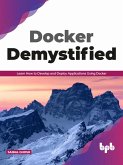
8,49 €
inkl. MwSt. und vom Verlag festgesetzt.
Sofort per Download lieferbar
eBook, ePUB
3. Oktober 2020
BPB Publications
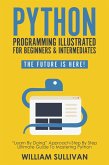
4,49 €
inkl. MwSt. und vom Verlag festgesetzt.
Sofort per Download lieferbar
eBook, ePUB
15. August 2019
Healthy Pragmatic Solutions Inc
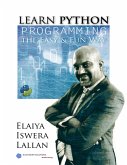
5,99 €
Sofort per Download lieferbar
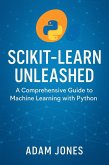
9,99 €
inkl. MwSt. und vom Verlag festgesetzt.
Sofort per Download lieferbar
eBook, ePUB
8. Januar 2025
Walzone Press
Ähnlichkeitssuche: Fact®Finder von OMIKRON
